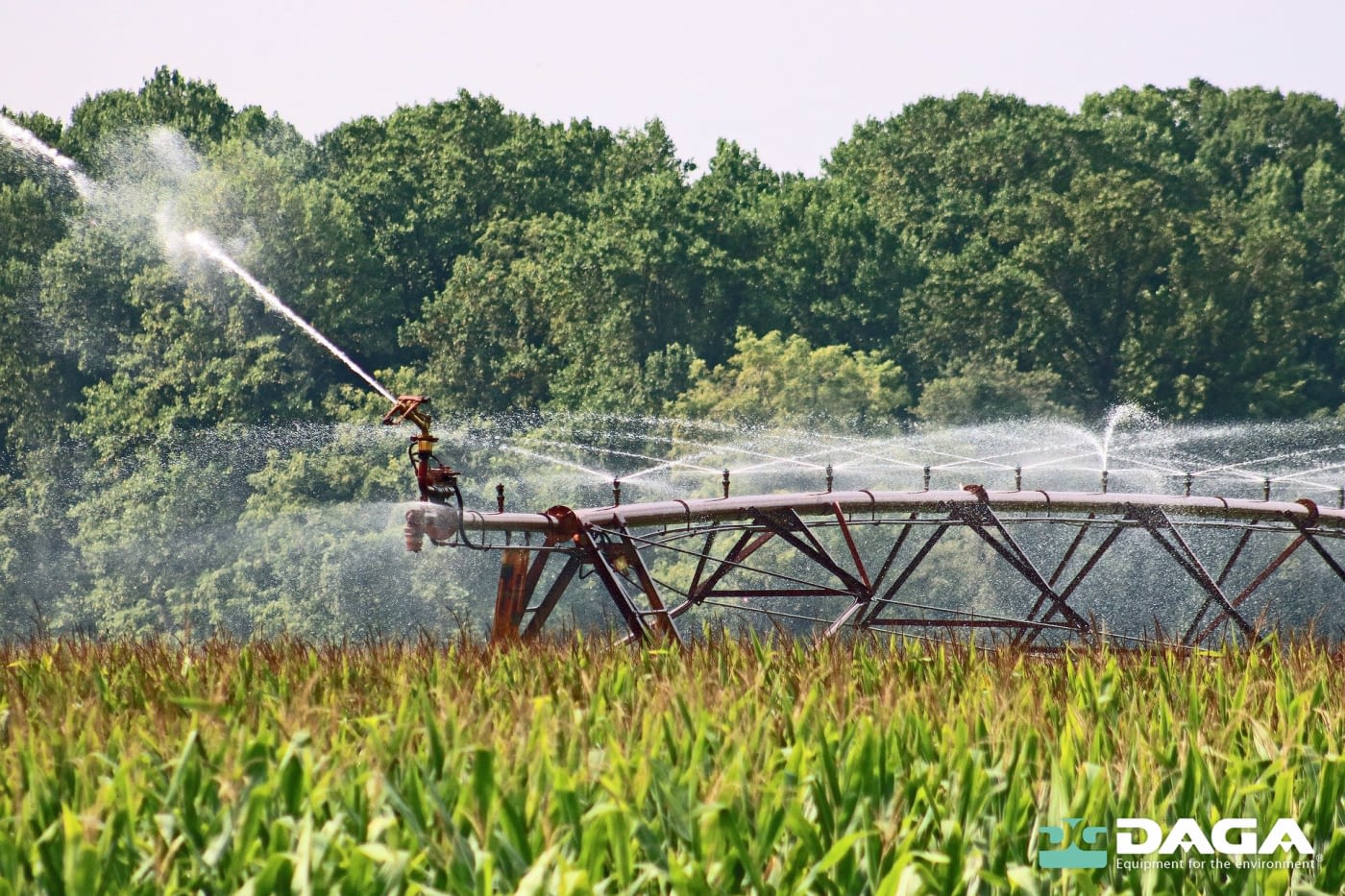
The immediacy and centralization of information for more comprehensive and accurate data is an issue of vital importance in many sectors of the industry, especially in agriculture. Having control of all irrigation processes and a good constant maintenance of infrastructures can bring great benefits to the primary sector and to the economy as a whole.
According to Idrica's Global Water Trends 2021 report it seems that these advances and proposals for the development of agriculture and irrigation are going to be a trend this year, so it is interesting to know which business models will be more functional and profitable for plantations and farmland.
Today we are going to take a look at these new process monitoring and automation technologies, ideal for preserving environmental sustainability and significantly saving working time:
According to Idrica's Global Water Trends 2021 report it seems that these advances and proposals for the development of agriculture and irrigation are going to be a trend this year, so it is interesting to know which business models will be more functional and profitable for plantations and farmland.
Today we are going to take a look at these new process monitoring and automation technologies, ideal for preserving environmental sustainability and significantly saving working time:
Remote sensing, instant water control
Remote sensing is a system to control leaks, fraud and accuracy of the amount of water for each farmland, through advanced algorithms, to analyze in real time the flow of water at the time of irrigation throughout the day remotely, without the need to purchase a system of manual assessment where the time waste, economic costs and the probability of inaccuracy in the data or human error is higher.
In addition, it has another added benefit, and that is that the network of meters that is part of the remote sensing process enables us to monitor the water level from home, through a computer or smartphone, thereby promoting the safety of each individual in the context of the current pandemic situation and reducing the number of contagions.
In addition, it has another added benefit, and that is that the network of meters that is part of the remote sensing process enables us to monitor the water level from home, through a computer or smartphone, thereby promoting the safety of each individual in the context of the current pandemic situation and reducing the number of contagions.
Smart irrigation, a positive carbon footprint for the environment
Remote sensing is an excellent irrigation technique to have an optimal water balance for the irrigation community, since it determines the exact moments when the soil needs to be irrigated, depending on the humidity of the crops and the weather conditions, using satellite control. This breakthrough not only represents a great energetic saving, but also positively contributes to the environment, since the water pumping systems are only activated when the plantations require it.
As a result, smart irrigation helps to know in detail the time, frequency and specific moment when the soil should be irrigated. For greater efficiency of this procedure, it is recommended to install humidity and suction probes to measure the water and nutrients absorbed by the plants, respectively, and to place the irrigation units homogeneously so that the meters can accurately indicate the frequency and volume of water used throughout the day.
Other current trends related to smart irrigation and Information and Communication Technologies (ICT) are flowmeters, to calculate the water flow, thermal probes, which measure the temperature of the surrounding air, drones, to have an overview of the state of the hectares covered, and the irrigation management software itself with remote reading and remote sensing techniques, which can be applied for the efficiency of all types of plantations. In addition, there are several crop fields that are beginning to replace electricity supply with solar-powered irrigation, promoting the use of ecological and sustainable resources.
As a result, smart irrigation helps to know in detail the time, frequency and specific moment when the soil should be irrigated. For greater efficiency of this procedure, it is recommended to install humidity and suction probes to measure the water and nutrients absorbed by the plants, respectively, and to place the irrigation units homogeneously so that the meters can accurately indicate the frequency and volume of water used throughout the day.
Other current trends related to smart irrigation and Information and Communication Technologies (ICT) are flowmeters, to calculate the water flow, thermal probes, which measure the temperature of the surrounding air, drones, to have an overview of the state of the hectares covered, and the irrigation management software itself with remote reading and remote sensing techniques, which can be applied for the efficiency of all types of plantations. In addition, there are several crop fields that are beginning to replace electricity supply with solar-powered irrigation, promoting the use of ecological and sustainable resources.
DAGA and its commitment to water management
It is important to provide rigorous and quality information to learn about technological advances and progress in the agricultural sector, such as digitalization, which is key to making the water and sanitation sector more sustainable. But it is even more important to act to ensure a safer and more sustainable world in which to live. That is why at DAGA we seek to optimize water systems to the maximum and provide solutions to supply everyone with quality and easily accessible water.
If you want to know more about our commitment to the environment and caring for people, we recommend you visit our blog.
If you want to know more about our commitment to the environment and caring for people, we recommend you visit our blog.


